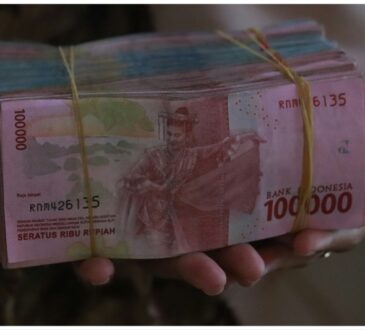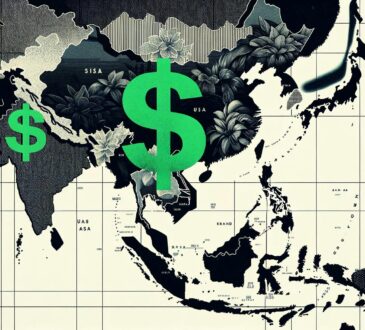
The government is optimistic that these measures will address a severe shortage of foreign exchange that has put a strain on businesses and made the cost of imported goods soar, Bloomberg reported.
The devaluation is expected to contribute to short-term inflationary pressures and may impact Egyptians negatively. However, President Abdel-Fattah El-Sisi and his administration are counting on these reforms to attract foreign investors back to the country.
Egyptian media reported that a new deal with the IMF could be signed later on Wednesday. A team from the IMF is currently in Cairo for discussions. The new agreement is likely to increase Egypt’s existing IMF loan of $3 billion, which has seen limited disbursement, to an amount exceeding $10 billion, an amount that will include funds from other partners.
The pound experienced a sharp decline, crossing the 50 per dollar mark at 1:30 p.m. local time. This drop occurred after the central bank raised its key rate by 600 basis points to 27.25% during an unscheduled meeting, and also announced that it would allow the market to determine the exchange rate.
The devaluation followed a $35 billion deal that Cairo recently finalized with the United Arab Emirates to develop areas along Egypt’s Mediterranean coast and other regions. Egypt’s Prime Minister Mostafa Madbouly described it as the biggest foreign investment ever secured by Egypt and the scale took investors by surprise.
The devaluation has brought the Egyptian pound to a level roughly in line with its value on the black market. The IMF has consistently advocated for Egypt to implement tighter monetary policies to address nearly 30% inflation and adopt a more flexible official exchange rate.
The IMF has postponed two reviews of Egypt’s existing loan as the country seemed to fall short of commitments to allow for a flexible exchange rate. Previous bouts of depreciation — in March 2022, October 2022 and January 2023 — were followed by long stretches of stability.
The IMF is determined to safeguard the $400 billion economy, which has faced crises over the past two years. The impact of Russia’s invasion of Ukraine has been severe, resulting in increased prices for wheat and fuel imports and prompting bond investors to exit the country.
More recently, it has suffered from the Israel-Hamas war in Gaza, which borders Egypt. The repercussions include adverse effects on tourism bookings, disruptions in natural gas imports, and incidents targeting shipping in the Red Sea.




